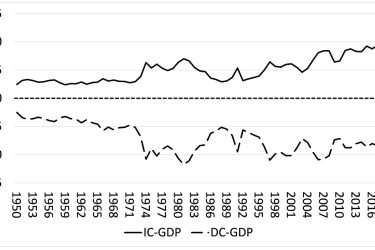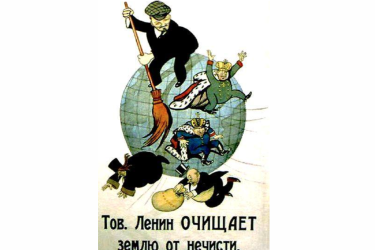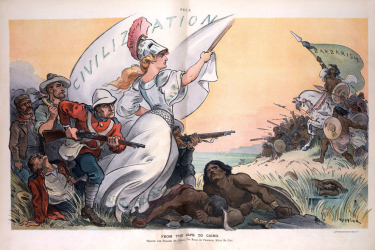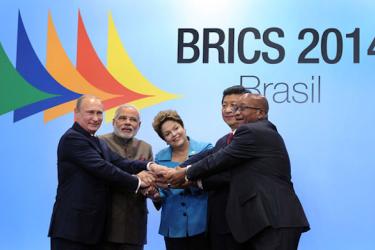Imperialism

Michael Roberts: Further thoughts on the economics of imperialism
Michael Roberts — Imperialism can be quantified in economic terms: it is the persistent transfer of surplus value to the rich countries from the poorest countries of the world. This process developed some 150 years or so ago and remains.

Boris Kagarlitsky: Again on Lenin
In his latest letter from a Russian prison, Boris Kagarlitsky addresses why should we, in 2024, find Lenin interesting.

The persistence of global capitalism’s Long Depression: An interview with Michael Roberts
Michael Roberts looks at the state of the US and world economy, the reasons for what he calls the Long Depression, and how it is driving political polarization and imperial rivalries.

Global crisis, conflict and war: What internationalism for the 21st century?
Pierre Rousset provides an overview of the unfolding “polycrisis” the world is immersed in.

‘If we didn’t join the armed forces, the left in Ukraine would cease to exist,’ says Taras Bilous
An interview with Taras Bilous, a Ukrainian historian and essayist who has served in the Ukrainian army since the beginning of the Russian aggression.

Colonization and surplus: The origins of race and class
Zara Jemuel — Capitalism’s white supremacist roots run as deep as its colonial origins.

Egypt: EU, IMF prop up General Sisi dictatorship
Michael Pröbsting — Why are imperialist powers so eager to give billions of US Dollars to Egypt’s regime? The answer lies in the nature of dictatorship

Orientalism, imperialism and the Western coverage of Palestine
Joseph Daher — Western mainstream media biases and defence of the Israeli narrative are connected to orientalism, racism, and imperialism, serving the interests of Western ruling political and economic elites.

Perspectives for socialists in 2024: An interview with David McNally
David McNally looks at current geopolitical dynamics, economic fault lines, labor struggles and perspectives for socialists in 2024.


